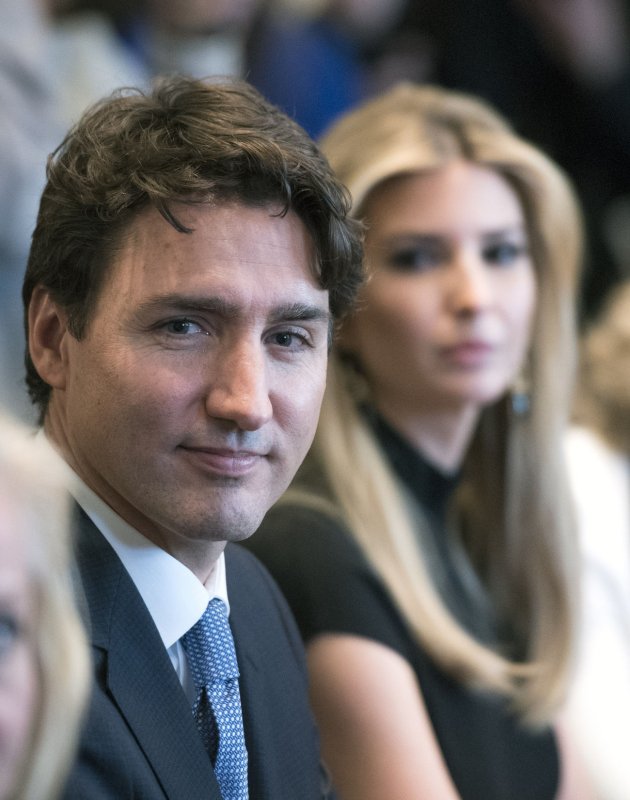May 6 (UPI) -- Canada is considering multiple trade actions, including banning U.S. coal export, in response to "unfair" U.S. tariffs on Canadian softwood lumber.
Prime Minister Justin Trudeau told British Columbia Premier Christy Clark he was "carefully and seriously" considering a coal trade action. British Columbia is one of Canada's largest producers of lumber.















